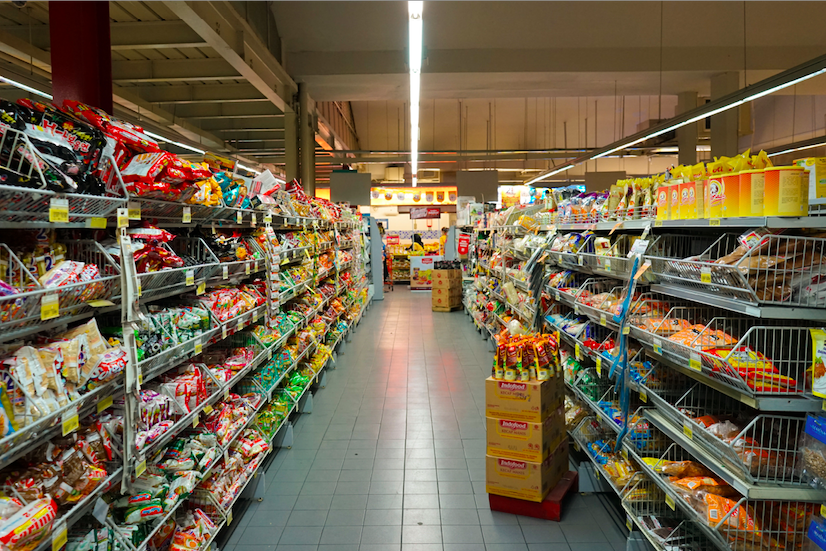
Digital Editor Cara-Louise Scott explains what supermarkets are doing to help families through the living crisis
We are hesitatingly nearing the end of 2022, yet it just seems like the country is spiralling into more chaos. The cost-of-living crisis has been a difficult time for many people in the UK, with fuel, energy bills and food products skyrocketing in price.
The Office for National Statistics have said that food prices rose at their fastest pace over the summer since 2008 as the war in Ukraine continued to drive up prices at supermarkets.
Many people are struggling with being able to afford their food shops, especially families and those who come from lower socio-economical backgrounds. This has put a huge amount of pressure on supermarkets to make cheaper products and introduce initiatives to help those struggling.
Many people are struggling with being able to afford their food shops, especially families and those who come from lower socio-economical backgrounds
People are also cutting back on buying branded products and are instead choosing to go with the cheapest option they can find. I remember years ago going shopping with my parents, when they would buy any product that they were used to, but now they will look at every single option for that product and choose whichever one is the cheapest; this is something I’ve adopted when food shopping at university and I’m sure it resonated with a lot of students.
Many supermarkets have expanded their ‘Kids eat free’ discount in their cafes and restaurants across the country to highlight to families how they can still enjoy eating out but they don’t have to break the bank. ASDA have a ‘£1 for any kids meal’ at their cafes, and currently there are no requirements to buy an adult meal at the same time, as this can often be the downfall to this discount. Most supermarkets, such as Morrison’s and Sainsbury’s have a permanent ‘kids eat free’ offer but for every adult meal purchased over £5.
There are also targeted discounts, such as in Iceland introducing 10% off over-60’s shopping on Tuesdays. Some shops have agreed to put price locks on essential items so that even with inflation rising, these products are guaranteed to stay the same price.
What’s been most successful for customers is supermarket budget ranges that offer a cheaper version of essential products. Aldi is often known for being the UK’s cheapest supermarket but with their Everyday Essentials range, you can shop for even cheaper there. You can buy an 800g loaf of white bread for 36p, a 500g bag of penne pasta for 35p or a 100g chocolate bar for 33p. Lidl’s Simply range offers competitive prices, offering essential items such as an 800g loaf of white bread for 47p and a large frozen pizza for 79p, as well as 82p bags of mixed peppers.
…it is essential that supermarkets and local communities keep working together
However, the popularity of these budget ranges has risen and with that, created more problems. ASDA has had to temporarily limit their Just Essentials budget range because of soaring demand. The supermarket has said that customers would have a limit of buying three items maximum until further notice. Their Just Essentials range was launched in May which promised to offer a huge line of low-cost products to help their customers with the cost of living. But their sales are growing because of its popularity and many people are stocking up on these cheaper products. I know when I had my last ASDA delivery, most of the Just Essential products were out of stock, leaving me with the only option to purchase more expensive items. For some people who rely on these cheaper products, not being able to access them may significantly affect the cost of their weekly food shop.
It is clear to see that supermarkets are trying their best to offer their own budget ranges and price locking initiatives to help their customers out, but with food costs continuing to rise, it is essential that supermarkets and local communities keep working together to provide more assistance to those that need it.
Check out these other recent Food&Drink articles:
Food for Thought: The Problem with Calories on Menu’s

Comments